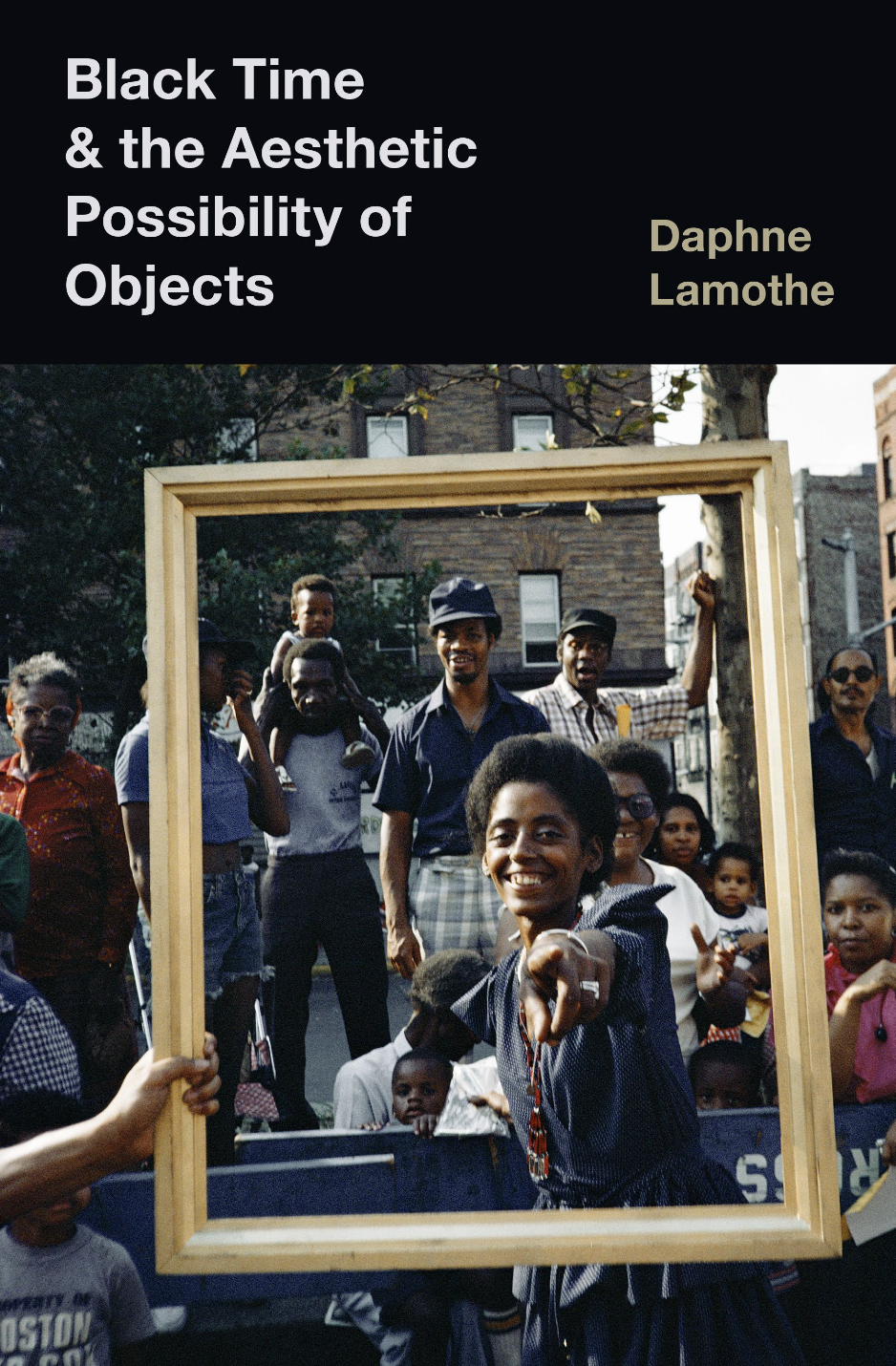The decades following
the civil rights and decolonization movements of the sixties and seventies—termed the post-soul era—created new ways to understand the aesthetics of global racial representation. Daphne Lamothe shows that beginning around 1980 and continuing to the present day, Black literature, art, and music resisted the pull of singular and universal notions of racial identity. Developing the idea of "Black aesthetic time"—a multi pronged theoretical concept that analyzes the ways race and time collide in the process of cultural production—she assesses Black fiction, poetry, and visual and musical texts by Paule Marshall, Zadie Smith,Tracy K. Smith, Dionne Brand, Toyin Ojih Odutola, and Stromae, among others. Lamothe asks how our understanding of Blackness might expand upon viewing racial representation without borders—or, to use her concept, from the permeable, supple place of Black aesthetic time.
